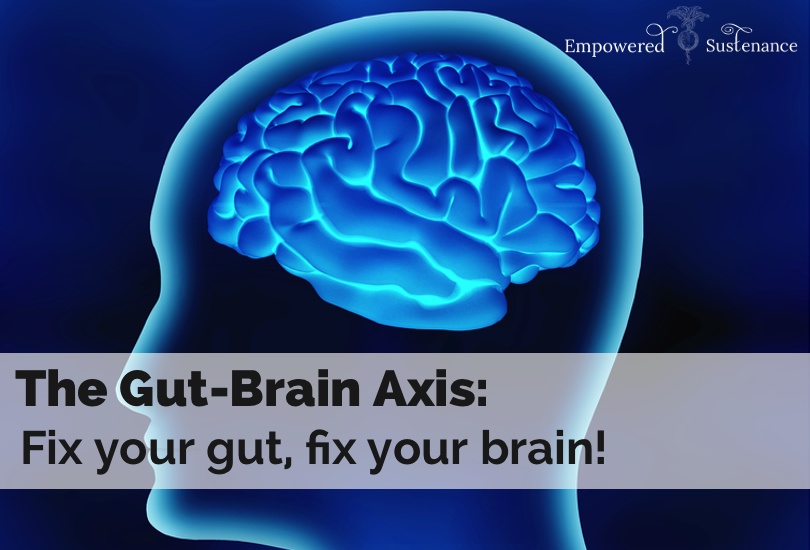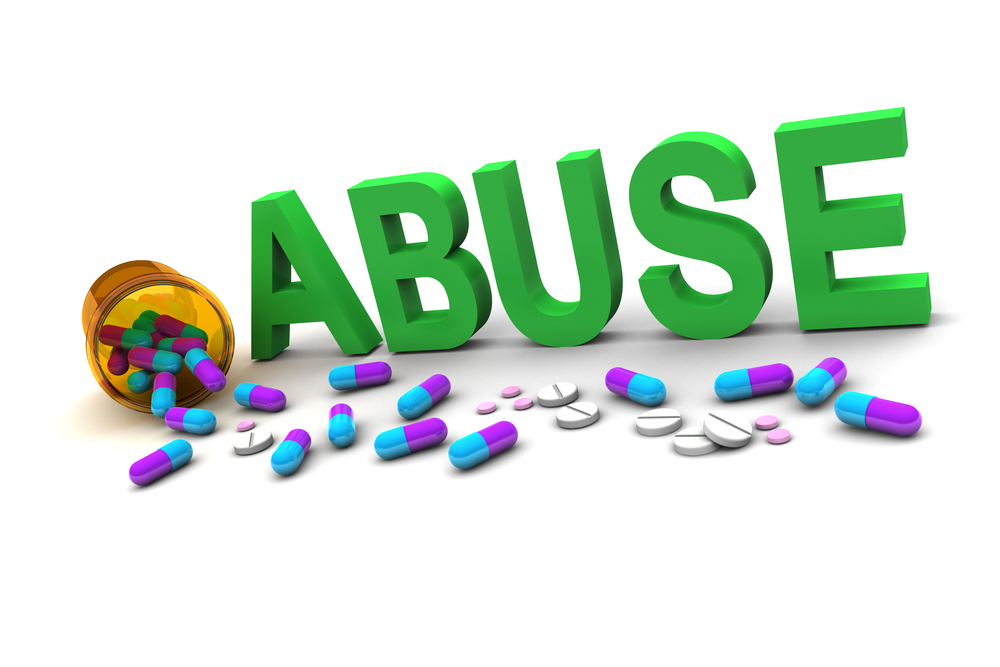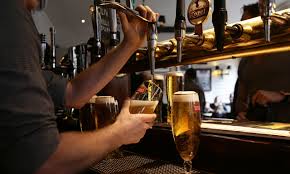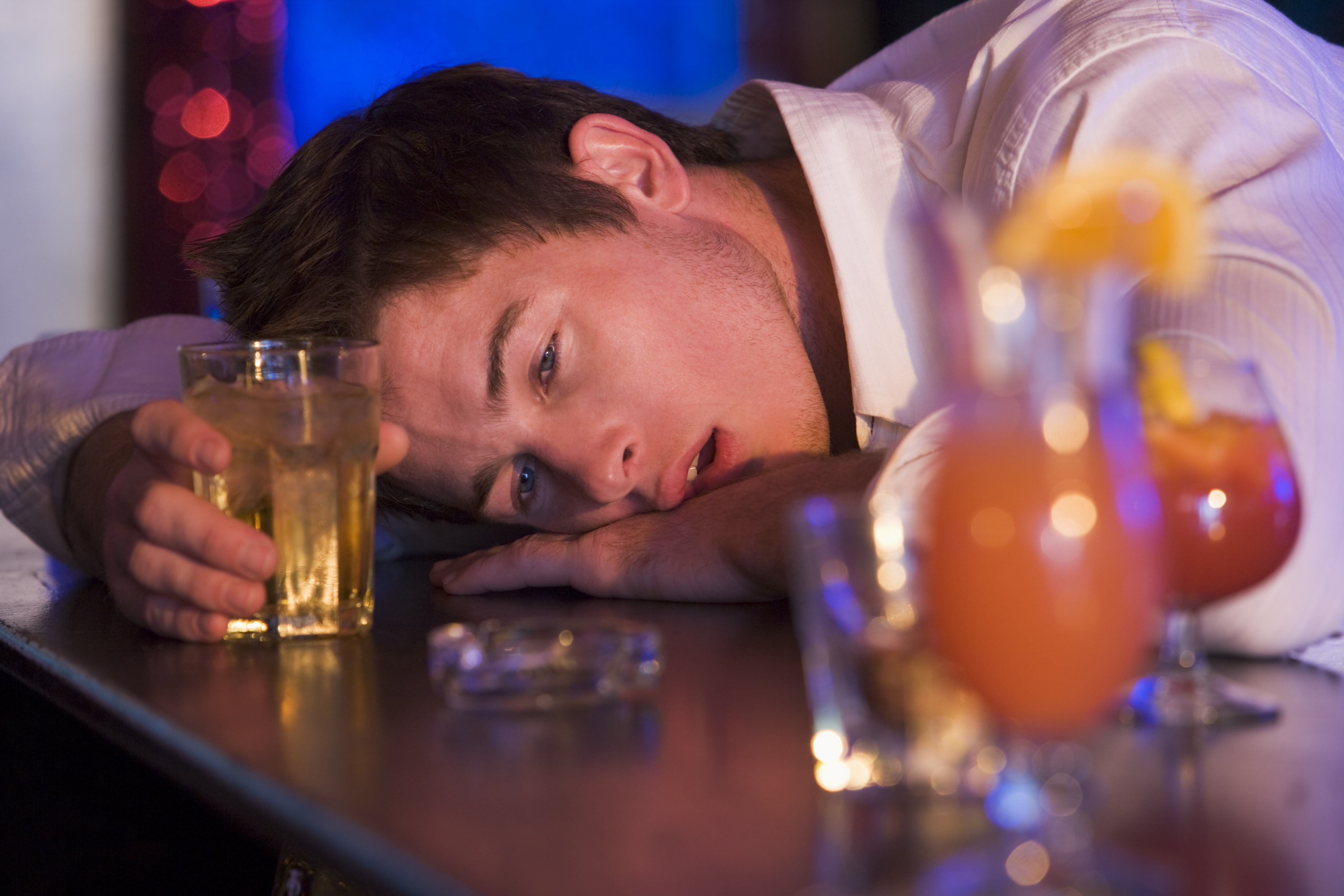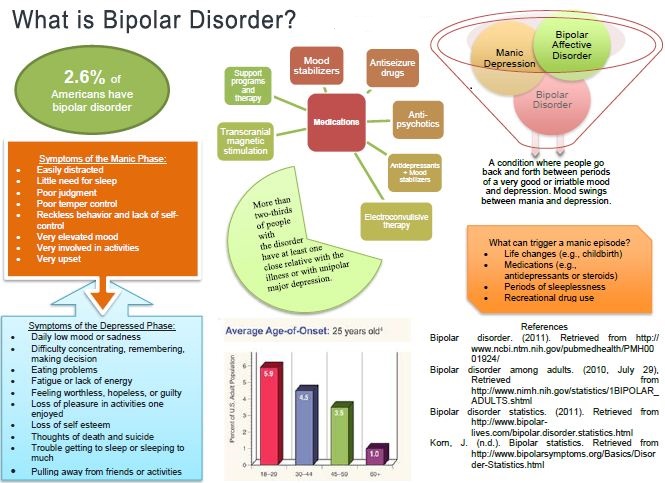Food chemicals as used by humans and plants

Food chemicals as used by humans and plants have several similarities on how they affect the brain
Food chemicals as used by humans and plants: Brain understanding of food addiction
You may be wondering the similarities on how plants and humans use food chemicals in their daily functions! Professionally, doctor Dalal Akoury MD, President, and founder of AWAREmed health and wellness resource center say that plants produce chemicals capable of affecting our brains because they share an evolutionary history with us and primitive one-celled organisms produce many of the same chemicals present in our brains. Meaning that, irrespective of what you choose to eat the chemicals each meal contains may alter how your neurons function and by extension how you feel or think. We have all experienced the consequences of our shared evolutionary history with the plants we eat. For example, unripe bananas contain the neurotransmitter serotonin. When you eat an unripe banana, its serotonin is free to act upon the serotonin neurons within your digestive tract. The result is likely to increase activation of the muscles in the wall of your intestines.
Many plants contain compounds that should be able to enhance the brain’s performance. For example, potatoes, tomatoes, and eggplants contain solanine and α-chaconine substances that can enhance the action of acetylcholine, a chemical in the brain vital to memory formation.
Morphine-like chemicals are capable of acting upon the brain are produced in your intestines when you consume milk, eggs, cheese, spinach, mushrooms, pumpkin, and various fish and grains. Dairy products, in particular, contain a protein known as casein, which enzymes in your intestines can convert into beta-casomorphin. In newborns, that beta-casomorphin can easily pass out of the immature gut and into the developing brain to produce euphoria. The pleasurable feeling produced by this opiate-like compound in newborn mammals after their first taste of their mother’s milk is believed to encourage the infant to return again and again for nourishment. Thus, being able to experience the euphoria induced by this opiate-like chemical has life and death consequences for the newborn child.
Food chemicals as used by humans and plants: Caffeine and Nicotine
These are definitely plants derived from drugs. Chocolate contains a bit of caffeine, but also an array of other psychoactive compounds that may contribute to the pleasurable sensation of eating it. Chocolate contains phenethylamine a molecule that resembles amphetamine, and a small amount of chemical called Anandamide resembling the active ingredient in marijuana. Ironically, Anandamide happens to be used by our brain as a regular neurotransmitter and appears to be critical for us to experience pleasure.
Finally having seen the effect of food on human life, as a society we must pool together to ensure that we live a happy life, therefore, the services of professionals will be necessary to give guidance. And with the help of AWAREmed Health and Wellness Resource Center, all your concerns will be well taken care of. Remember that doctor Akoury practice focuses on personalized medicine through healthy lifestyle choices that deal with primary prevention and underlying causes instead of patching up symptoms. You can call her on telephone number 843 213 1480 for further deliberations.
Food chemicals as used by humans and plants: Brain understanding of food addiction
http://www.integrativeaddiction2015.com

